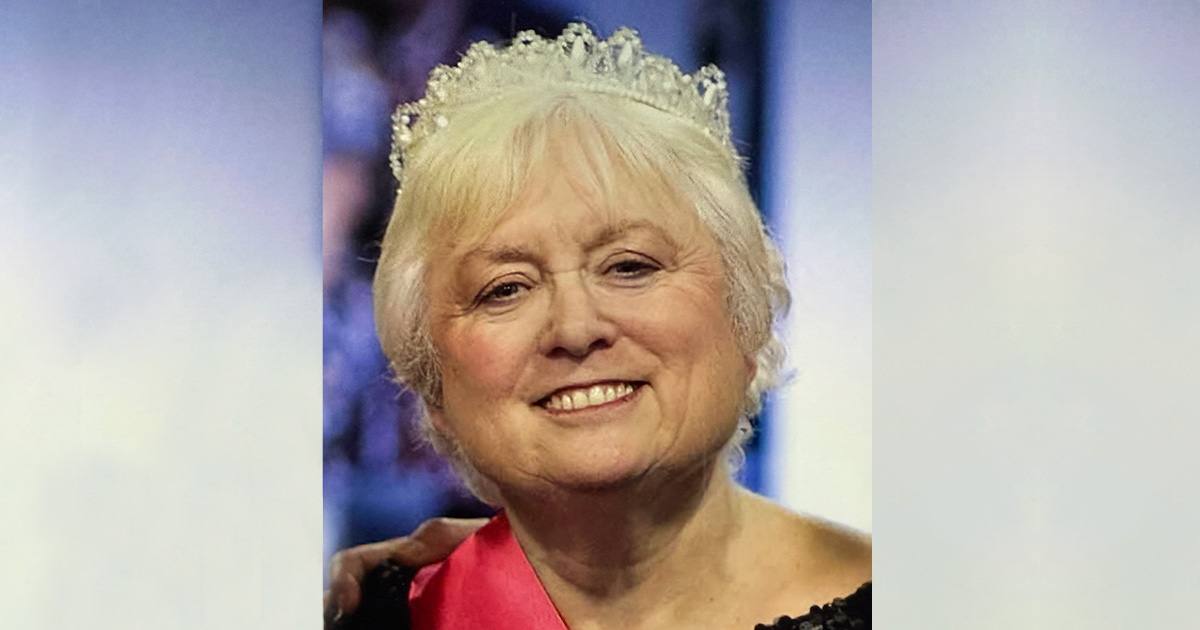The issues raised above and in Maggie Watkinson’s editorial (Vol 3 No 4: 100–101) are not peculiar to the UK. Part of the difficulty concerns how the term ‘consultant’ is used and understood. It is both a professional accolade and an industrial classification defining working terms and conditions, including rate of pay. The core elements of the nurse consultant role are clinical practice, education, counselling, research/quality improvement and administration which encompasses leadership, management of staff and resources and policy development.
In Australia the diabetes educator role is consistent across the country but the industrial award and therefore the grading and title differ across the states. Australia is a federation and has commonwealth and state legislative processes. In Victoria, all diabetes educators are classified as clinical nurse consultants but there are different grades within that classification.
Educational preparation is certainly important. The Australian Diabetes Educators Association (ADEA) has a nationally accredited core curriculum offered at graduate certificate level. This may change as the nurse practitioner role is formalised and recognised in Australia, but as with most things there will probably be state-by-state variation in the level at which nurse practitioners are prepared and the way the role is implemented.
It seems reasonable to expect nurses practising at an advanced level to be educationally prepared to at least masters level. Consultant nurses, regardless of their specialty, could complete a common core curriculum that is clinically based and has context-specific modules for particular specialties like diabetes. There may also need to be location-specific modules as the job can vary, even within specialties, according to where the nurse works. Therefore, modules must be flexible enough to prepare diabetes educators to function in the prevailing health environment.
If a masters degree was required, a transition period to allow diabetes educators already practising in the role to attain their degree would be necessary. It should include credit for experience as well as for formal education programmes already undertaken. Standards of practice and credentialling systems are important considerations, but serve a different function.
The question of whether service providers will be prepared to pay for diabetes consultants is difficult to assess and depends on perceived needs and cost benefits. It may be that we should be including marketing and public relations modules in diabetes educator curricula.





International Diabetes Federation officially recognises “type 5 diabetes”, decades after first being observed.
24 Apr 2025